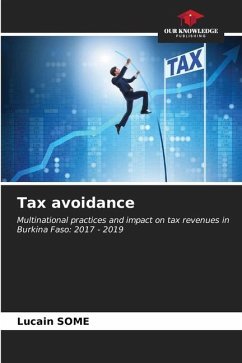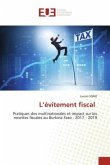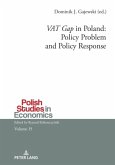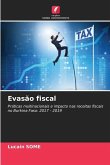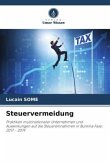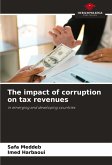Tax avoidance is a practice used by companies with the aim of minimizing their tax burden. It has evolved significantly in recent years (CESE, les éditions des journaux officiels, 2016). Indeed, the development of ICTs has facilitated means of communication and developed forms of commerce that transcend state borders. These means, while available to all companies, are more accessible to multinational firms. Figures reveal that over 60% of global trade is carried out between companies in the same group (CESE, les éditions des journaux officiels, 2016). According to INSEE 50% of global sales by French-controlled multinational firms are made through subsidiaries located abroad (INSEE, 2014). This paper analyzes the forms of tax avoidance practice used by multinationals based in Burkina Faso and the loss of revenue this generates for public finances. The study covers the period from 2017 to 2019 and focuses on thirteen (13) multinationals reporting to the Direction des Grandes Entreprises (DGE).
Bitte wählen Sie Ihr Anliegen aus.
Rechnungen
Retourenschein anfordern
Bestellstatus
Storno

